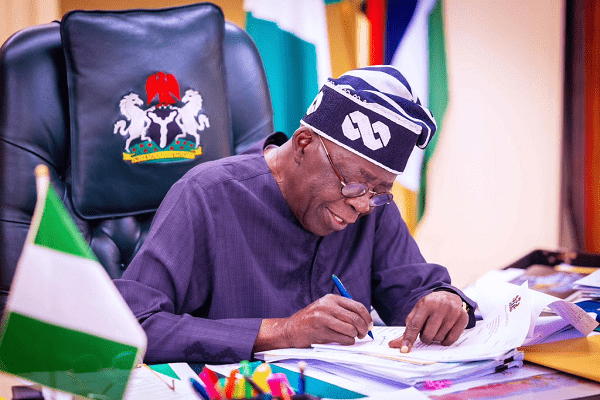The Federal Government has pointed out that one of the main reasons for the housing shortage in Nigeria is the lack of access to affordable housing finance. According to them, 80 percent of Nigerians cannot afford a home mortgage.

Ahmed Musa Dangiwa, the Minister of Housing and Urban Development, shared this information at the opening of the first Kaduna International Housing Exhibition, which took place yesterday at the Umaru Musa Yar’Adua Hall in Kaduna.
Dangiwa emphasized that the key challenge for all levels of government in providing sustainable living conditions for citizens is making housing affordable. He cited statistics showing that nearly half of Nigeria’s population of over 201 million people are poor with low purchasing power.
He explained that among the 43 million households in Nigeria, more than 85 percent have less than N1.1 million in purchasing power. About 17.2 million households fall into the poverty income group, while 20.2 million are in the low-income group. Overall, Nigeria is considered a low-income country, with only 13 percent of its population being middle class. Recent economic issues like inflation have worsened the situation.
In response to these challenges, Dangiwa announced that the administration under President Bola Tinubu, through the Ministry of Housing and Urban Development, plans to set up a National Social Housing Fund (NSHF). This fund will gather resources from the government, charitable organizations, and generous Nigerians to provide decent housing for those with no income, low income, and those who are particularly vulnerable.
Some housing units will be provided at no cost. The concept for this fund is currently being reviewed, and once finalized, it will be presented to the Federal Executive Council for approval and legislation.
Dangiwa highlighted that social housing is essential not just as a necessity but also as a security measure for both the rich and the poor. Since housing is expensive and government funds are limited, alternative collective approaches are necessary to support underprivileged individuals. This initiative aims to foster social cohesion, understanding, and peace by giving people a sense of belonging through homeownership.
He praised the Kaduna State Government, led by Governor Uba Sani, for its inclusive and practical approach to housing, which led to the organization of the exhibition. Sani, represented by Deputy Governor Dr. Hadiza Balarabe, reiterated the administration’s commitment to providing affordable housing for Kaduna residents. The state has adopted various methods to tackle the housing deficit, including partnerships with local and international investors, social housing schemes, development lease agreements, and public housing corporations.
Sani emphasized the need for creativity and innovation to make affordable housing available and restore collective dignity.
The Managing Director of the Kaduna State Development and Property Company (KSDPC), Mr. Abubakar Rabiu, shared plans for several key housing and infrastructure projects. These include an ultramodern mechanics village with an electric vehicle assembly plant and CNG conversion stations, EV charger manufacturing, strategically located EV charging points, a five-star hospital with doctors’ quarters, a private university named ABSAAR University, and a building materials village. Additionally, there will be a trucks and heavy-duty mechanics village to facilitate the construction and delivery of at least 2000 mixed-type housing units across Kaduna metropolis over the next five years.
Rabiu also announced the launch of two social initiatives: the Arewa Construction Academy and the KSDPC Housing Cooperative Society, highlighting the state’s dedication to social investment, skill development, and meeting the housing needs of low and middle-income families.
The exhibition saw participation from developers, producers, marketers of building materials, and other stakeholders in the housing industry.




